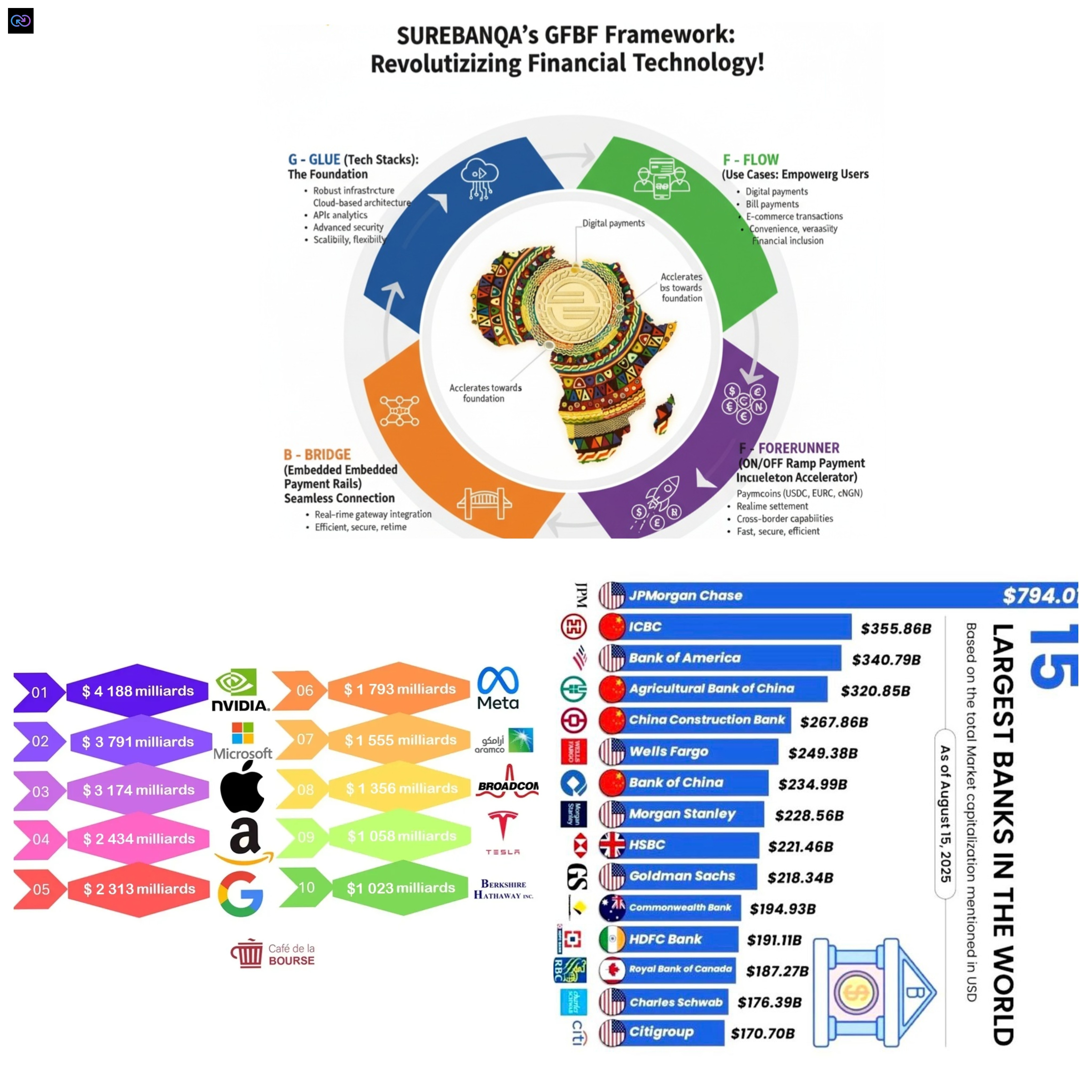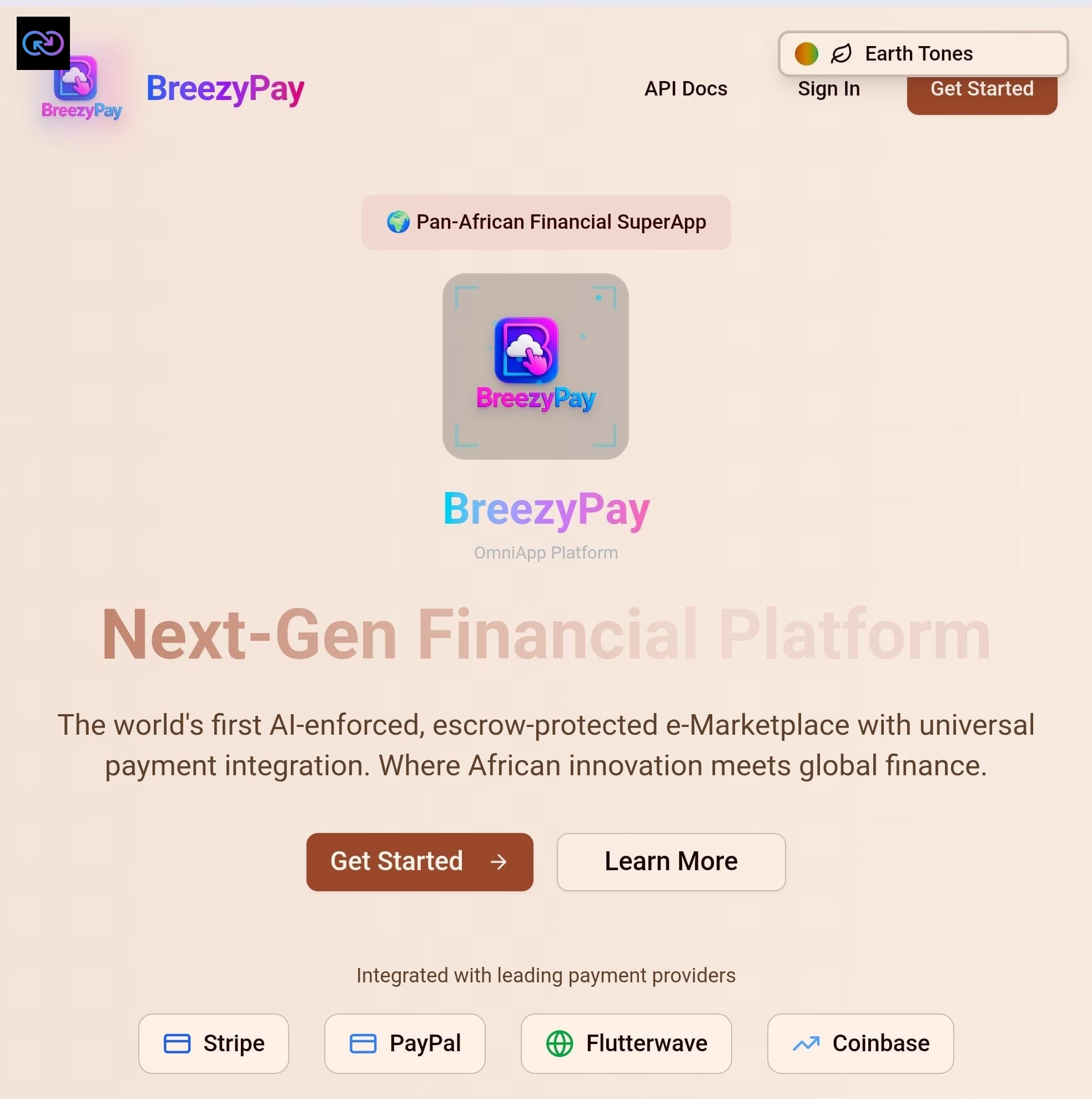The digital assets industry is evolving rapidly, and clear regulatory guidelines are essential for its growth. This new report, building on prior research by the World Economic Forum, explores how nine jurisdictions are shaping the future of digital asset regulation.
The report examines four critical areas: Anti-money Laundering (AML) & Know Your Customer (KYC), Regulatory & technical sandboxes, Decentralized finance (DeFi) and Privacy & Security.
There is a need for clear regulatory guidelines in the fast-evolving digital assets industry. This report, which builds on prior research by the World Economic Forum, provides a close analysis of the regulatory frameworks in nine jurisdictions and their unique approaches to policy creation and implementation.
By examining nine jurisdictions – the European Union; Gibraltar; Hong Kong SAR, China; Japan; Singapore; Switzerland; the United Arab Emirates; the United Kingdom; and the United States – this report draws key lessons from each approach and reveals the unintended consequences that may result from different regulatory frameworks. The analysis focuses on four pressing topics: anti-money laundering and know your customer; regulatory and technical sandboxes; decentralized finance; and privacy and security.
The report enables leaders to better predict trends and challenges in the digital assets landscape and supports both public- and private-sector stakeholders with actionable recommendations
Find out more: https://www.weforum.org/public....ations/f689d6d8-c89e











